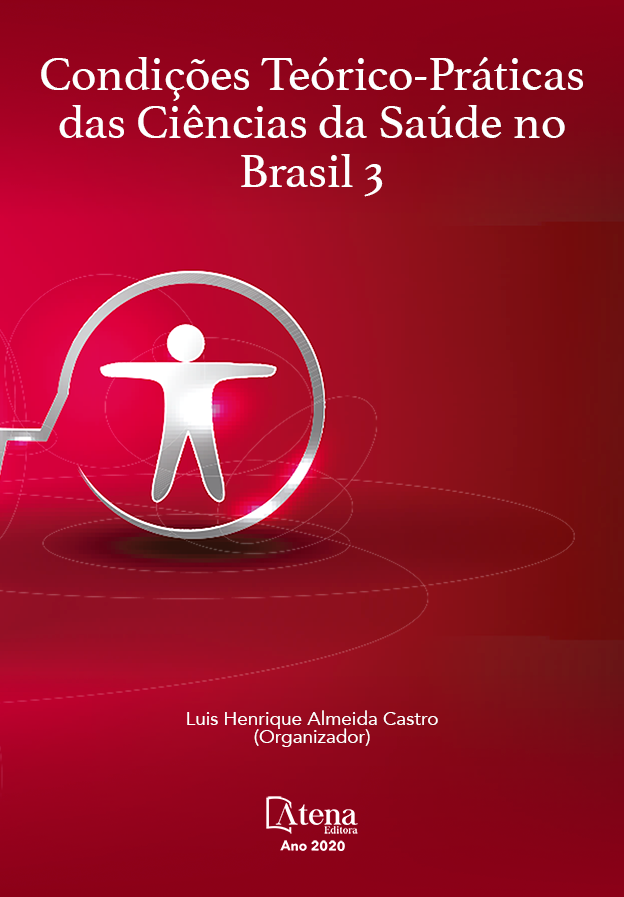
EDUCAÇÃO EM SAÚDE: CONTINUIDADE NA ASSISTÊNCIA AO RECÉM-NASCIDO PARA ALTA HOSPITALAR EM UNIDADE DE TERAPIA INTENSIVA NEONATAL
O planejamento da alta hospitalar e as ações educativas sobre a continuidade da assistência no domicílio é determinante à qualidade do cuidado prestado ao recém-nascido. Considerando o recém-nascido (RN) de alta de uma Unidade de Terapia Intensiva Neonatal (UTIN), suas especificidades para os cuidados domiciliares e importância das ações em saúde, este estudo teve como objetivos: verificar as expectativas das mães em relação à alta do bebê, sobre as orientações e preparos para a alta do bebê; e elaborar um material educativo baseada nas expectativas das mães, e conhecimentos necessários à alta do bebê. Estudo exploratório-descritivo, com abordagem qualitativa, intervencionista, com a produção de material educativo. Participaram quinze mães de RN’s internados em uma UTIN do município de Sorocaba. Utilizou-se de entrevista semiestruturada para coleta de dados, sendo organizado pelo Discurso do Sujeito Coletivo e realizado a Análise de Conteúdo. As mães apresentaram uma média de idade de 27 anos, 60% tiveram parto normal, com idade do recém-nascido e tempo de permanência na UTIN de 21 dias; 9 são primigestas e referiram de 1 a 3 filhos com idade do último filho que variou de 3 a 13 anos. As expectativas das mães foram: segurança, insegurança e satisfação pelo suporte e conhecimentos adquiridos. Sobre as orientações e preparos recebidos e expectativas dos cuidados com o bebê em casa foram destacados: amamentação, ordenha, engasgamento, cuidados com o banho e troca, higienização, condições do sono, visitas, forma de carregar, cuidados em geral e vínculo mãe-bebê. Quanto ao material educativo, a cartilha foi a estratégia indicada pelas mães como suporte para a realização dos cuidados pós alta, intitulada de “Como cuidar do seu bebê em casa?”.
EDUCAÇÃO EM SAÚDE: CONTINUIDADE NA ASSISTÊNCIA AO RECÉM-NASCIDO PARA ALTA HOSPITALAR EM UNIDADE DE TERAPIA INTENSIVA NEONATAL
-
DOI: 10.22533/at.ed.3932003128
-
Palavras-chave: Educação em Saúde. Recém-Nascido. Unidade de Terapia Intensiva Neonatal.
-
Keywords: Health Education. Infant. Intensive Care Units, Neonatal.
-
Abstract:
The planning of hospital discharge and educational actions on the continuity of care at home is crucial to the quality of care provided to the newborn. Considering the newborn discharged from a Neonatal Intensive Care Unit (NICU), its specificities for home care and the importance of health actions, this study aimed to: check the mother's expectations in relation to discharge baby, about the guidelines and preparations for the baby's discharge; and elaborate educational material based on the mothers' expectations, and knowledge necessary for the baby's discharge. Exploratory-descriptive study, with a qualitative approach, interventionist, with the production of educational material. Fifteen mothers of newborns admitted to an NICU in the municipality of Sorocaba participated. It used the semi-structured interview for the data collection, which it organized by means of the Collective Subject Discourse and the Content Analysis. The mothers had an average age of 27 years, which were 60% had a normal delivery, nine are primiparous and they reported from 1 to 3 children, which aged the last child who ranged from 3 to 13 years old. Twenty-one days of the newborn's age and time hospitalized in the NICU. The mothers' expectations were security, insecurity and satisfaction by supporting and knowledge acquisition. The guidelines and preparations received and expectations of baby care at home were highlighted: breastfeeding, milking, choking, bathing and dressing, hygiene, sleep conditions, visits, how to hold, general care and mother-child bonding. In relation to the educational material, the booklet was the strategy indicated by the mothers as a support for carrying out post discharge care, like the title “How to take care of your baby at home?”.
-
Número de páginas: 15
- Raquel Aparecida de Oliveira
- Flávia Domingues


